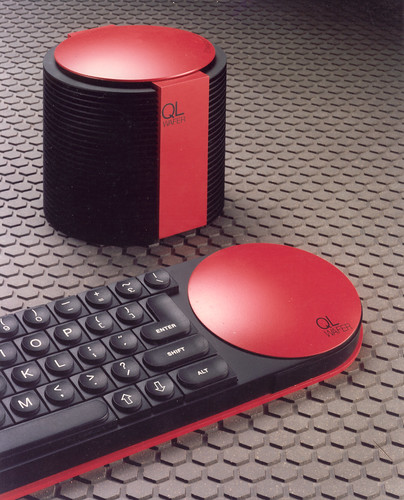|
The Raspberry Pi is a series of small, single-board computers developed by the Raspberry Pi Foundation. It was created with the goal of promoting computer science education and providing an affordable platform for experimentation and prototyping.
The Raspberry Pi boards are credit card-sized and feature a processor, memory, input/output ports, and various connectivity options. They are designed to be versatile and can be used for a wide range of projects, from basic computing tasks to more complex applications.
One of the key features of the Raspberry Pi is its affordability, making it accessible to a broad audience. It has gained popularity among hobbyists, students, and professionals alike due to its low cost and versatility.
The Raspberry Pi runs on various operating systems, including Linux-based distributions such as Raspbian (now known as Raspberry Pi OS), Ubuntu, and others. These operating systems provide a familiar computing environment and support a wide range of software applications.
The Raspberry Pi has found applications in various fields, including home automation, robotics, Internet of Things (IoT) projects, media centers, retro gaming consoles, and educational tools. Its GPIO (General Purpose Input/Output) pins allow for easy integration with external devices and sensors, making it suitable for hardware prototyping and experimentation.
The Raspberry Pi Foundation continues to release new models with improved specifications and capabilities. These advancements have led to increased performance, expanded memory options, and enhanced connectivity features, further expanding the possibilities for projects and applications using the Raspberry Pi. |
 Sort By
Sort By








 RWAP Software - Retro computer specialists
RWAP Software - Retro computer specialists
 ZX Spectrum Retro Shop
ZX Spectrum Retro Shop



